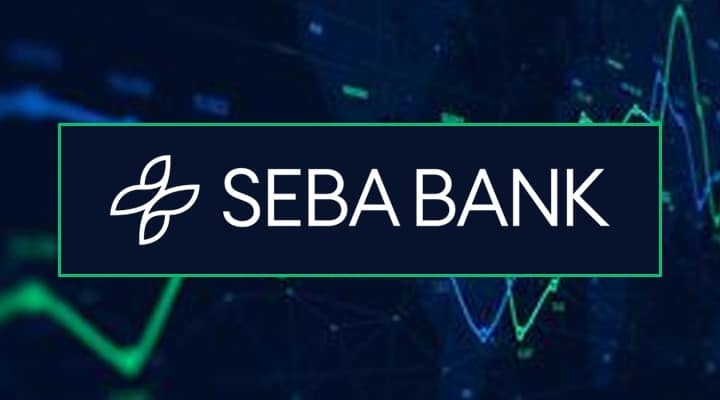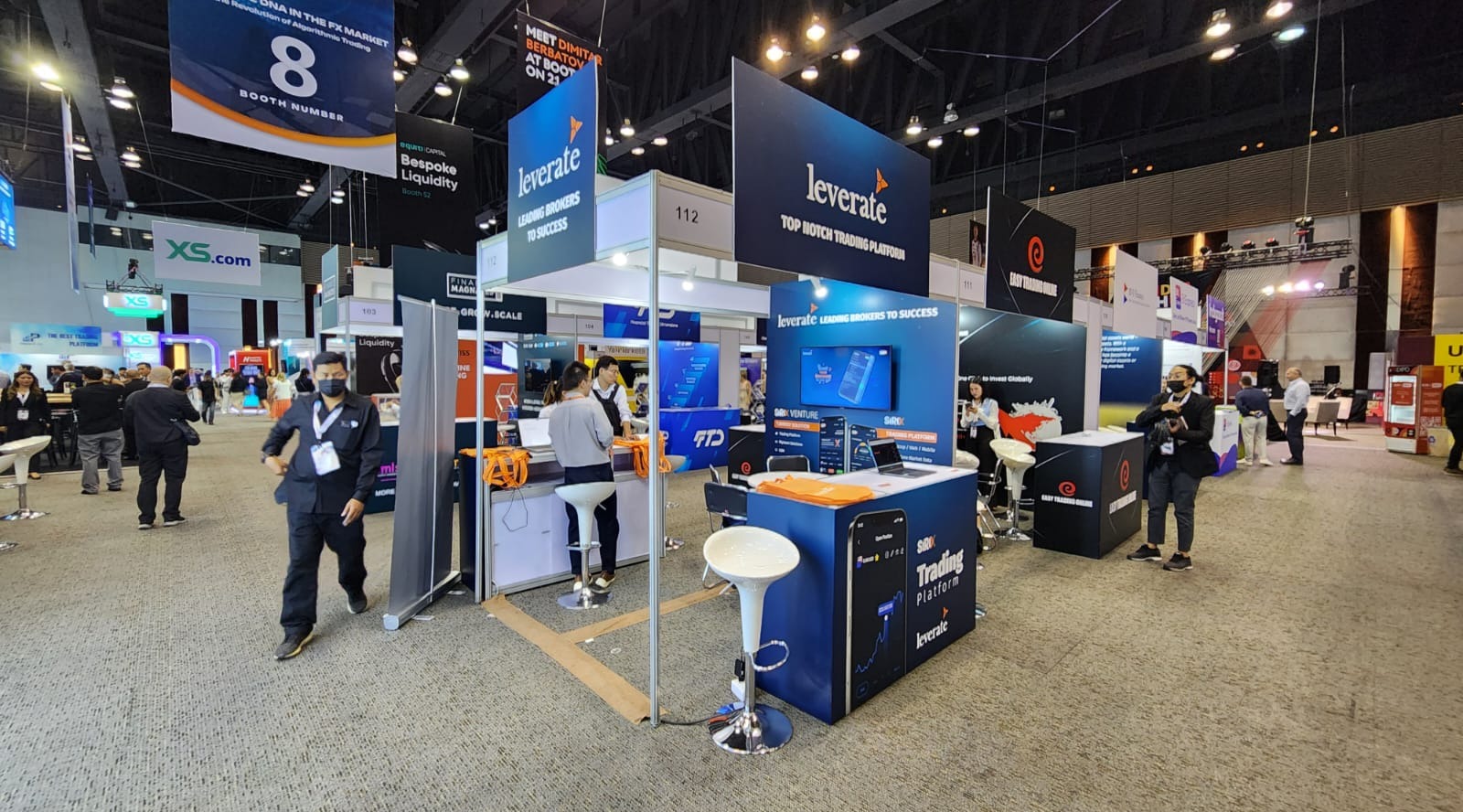SEBA Bank, a Zug-headquartered digital asset banking platform, launched a non-fungible tokens (NFTs) custody solution on Wednesday to secure clients’ assets. The newly announced service includes every Ethereum-based NFT, including ‘blue chips’ like CryptoPunks and Bored Apes collections.
Non-fungible tokens are blockchain-based and represent digital value in the form of items, videos, images or online games. NFTs became popular in 2021 among artists, gamers, athletes and investors, who are currently looking for professional management of their assets. SEBA Bank wants to provide them with suitable solutions, although the industry itself is feeling the cold breeze of the 'cryptocurrency winter'.
“As a licensed and FINMA-regulated Swiss bank with core competence in cryptocurrencies and digital assets, we enable all of our clients to handle traditional and digital assets securely. We have the knowledge, established processes, and above all, a custody solution that is ISAE 3402 certified and established by independent bodies,” Urs Bernegger, the Co-Head of Markets & Investment Solutions of SEBA Bank, said.
“The range of services combined with the highest security standards makes SEBA Bank’s service offering unique, and we are very pleased to be able to support our clients with our expertise in expanding our service by offering NFT custody.”
NFTs Are Not So Popular Anymore?
According to SEBA Bank, in Q3 2022 alone, the NFTs market gathered 2.2 million unique users, increasing by 36% when compared to the same period a year earlier. However, the volumes for 2022 alone show an evident market slump. In the third quarter, trading volume in the NFTs market fell by 60% compared to the previous one.
In the reported period, NFTs sales amounted to $3.4 billion, slipping significantly from the $8.4 billion level seen in the second quarter and from $12.5 billion in the first quarter, when the market achieved record sales. Another reason for the drop in value is that a sizable portion of NFTs are priced in cryptocurrencies. Meanwhile, Bitcoin has slipped 60% since the beginning of the year and now costs about $20,000, not $69,000, as recently as last October.
This September, the largest NFTs platform, OpenSea, reported its fifth consecutive month of declining sales. Analysts and investors say the ‘cryptocurrency winter’, an extended period of low prices and consolidation in the market for major digital assets, is to blame for the situation.
On the other hand, SEBA Bank itself is not worried about the ‘crypto winter’ and is consequently expanding its services. Over the past year, it has obtained a custodian license from Switzerland’s FINMA and then a license allowing it to operate in Abu Dhabi.


















